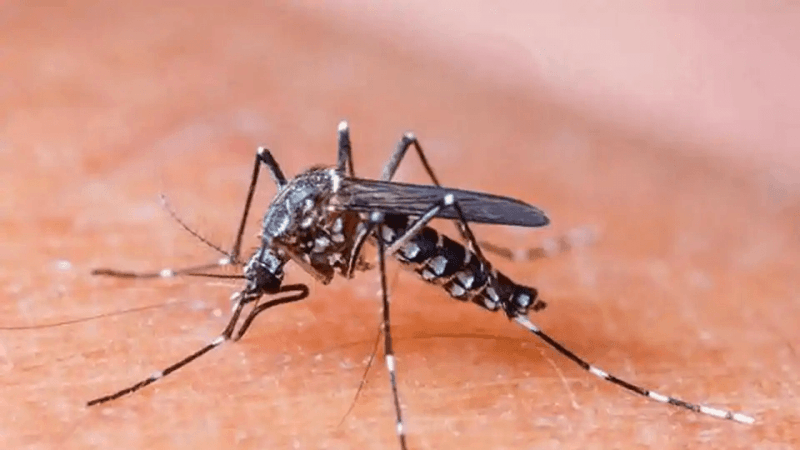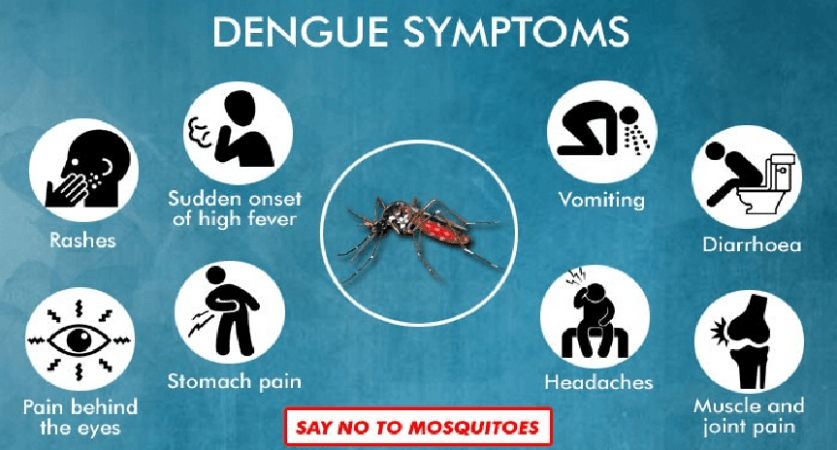Adding fuel to the Covid-19 pandemic fire, the vector-borne diseases have also started to take a toll on people. As the monsoon begins to hit the Indian coasts, chances for the vector-borne diseases like malaria, dengue, chikungunya would probably have an increase in count.

Vector-borne diseases amid Covid
According to the weekly report prepared by the South Delhi Municipal Corporation (SDMC), Delhi, amid the highly rising coronavirus cases, have also registered about 18 cases of malaria so far. Frighteningly, last year this time, Delhi had only four cases reported on the same.
In addition to this, fourteen cases of dengue and ten of chikungunya have also been reported in the national capital.
Meanwhile, in Odisha's Rayagada district, 49 people were recently found to be positive for dengue at the beginning of May, according to the Health Department sources.
Following the intermittent summer rain, Kerala has also reported over 80 cases of dengue fever.
According to the World Health Organisation (WHO), India is among the 11 most malaria-affected countries in the world, accounting for 3% of global malaria cases.
Delhi vulnerable to dengue
Considering the increasing number of dengue, malaria cases in Delhi, the South, North and East civic bodies have come up with a roadmap of activities including fogging and awareness drives scheduled for the coming days.
The Municipal Corporation officials with help from traders' associations and RWAs will ensure susceptible areas like open drains to be covered as these can be the breeding ground for the vectors, particularly the mosquitoes.
In addition to this, the SDMC has compiled data of these diseases to arrange various awareness campaigns that help people manage the situation along with the Covid-19 spectre.

"Since a meeting with RWAs cannot happen, we are trying to focus on other ways through which we can raise awareness about the diseases," said a senior official to the media.
Additionally, the Union Health MinisterDr Harsh Vardhan asked the authorities to focus on early detection techniques and its complete treatment from the early stages.
Preventive measures to be done
Fogging will be done in each residential area according to an East body official. "This does not require human contact and can be done through a distance," he said. Special consideration will be given in the containment zones.
A campaign was launched at North MCD against mosquito-borne diseases last week. Standing committee head Jai Prakash said, "We have started taking all preventive measures. Domestic breeding checkers and malaria department officials will now work towards preventing the diseases."
Meanwhile North commissioner Varsha Joshi mentioned that a special drive for offices, markets, construction sites are being started as these services were closed during the lockdown.
Considering the onset of the monsoon, most of the consumer goods industry and Indian health organizations had requested the government previously to include household insecticides in the list of essential goods so as to start the manufacture or supply of these products.

















